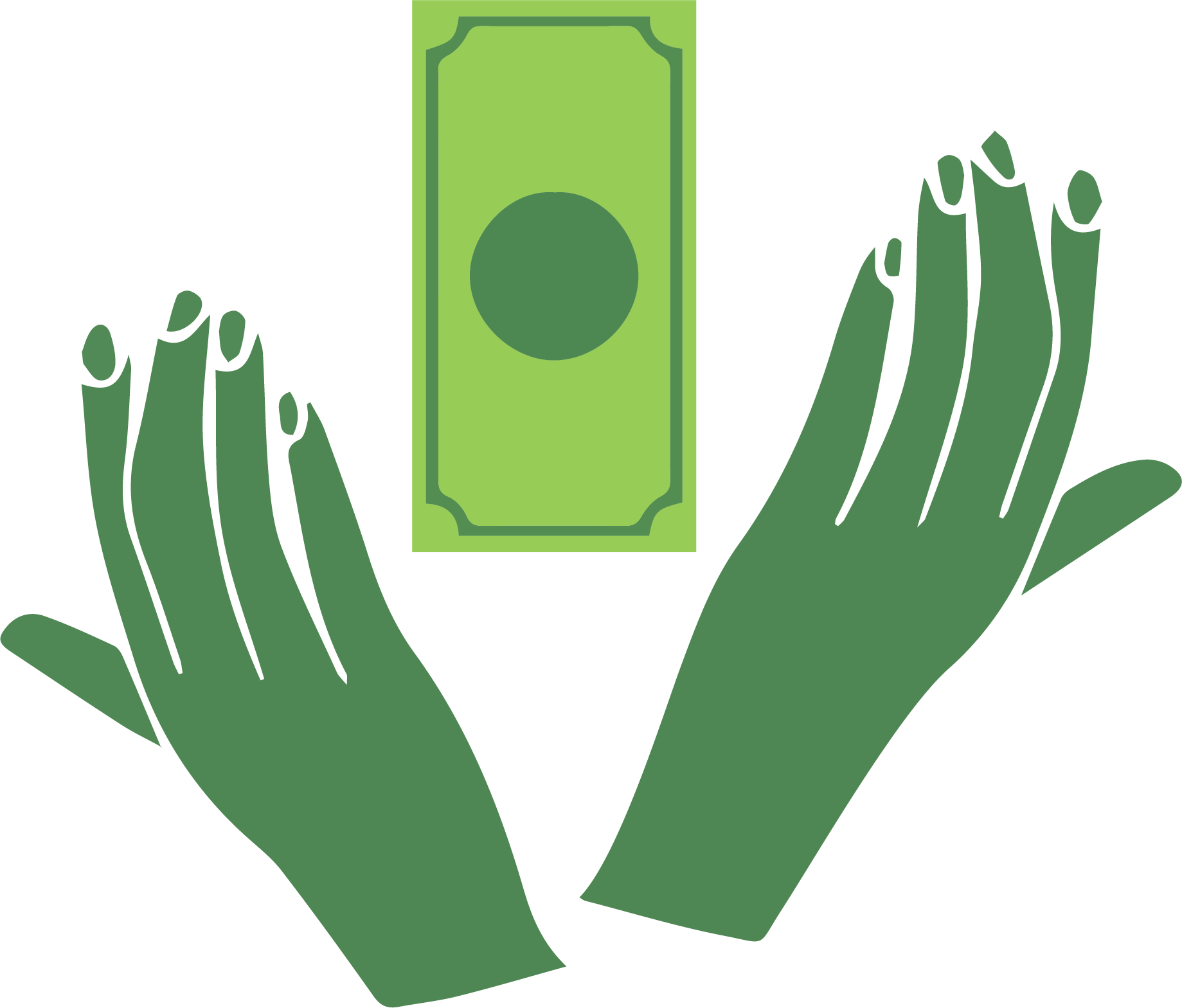Last updated: March 19, 2024
Why are you focused on teaching financial literacy to adults, rather than to children?
While we do not rule out working with young people in a future time, at present we believe there is a distinct gap in the provision of financial training for the adult population, whereas there are existing programs designed to teach financial literacy to young people.
Where does Dollar Scholars operate?
At present, the Dollar Scholars project is rolling out plans to target beneficiaries in some of the most under-served populations around the city of DC. We plan to run a test program in Southeast DC, as well as with the Latin community in Northeast DC
Can I join Dollar Scholars?
Yes, we are always looking for new volunteers to help teach and support our other activities. Please send a resume to jeff@dollarscholars.org
What is the relationship between Dollar Scholars and American University?
Casi todos nuestros miembros fundadores son profesores o estudiantes de la American University. Muchos son estudiantes de economía y contamos con el apoyo del departamento de economía de la Facultad de Artes y Ciencias (CAS) de la American University. La directora del departamento de economía, la profesora Kara Reynolds, es nuestra asesora y mentora docente.
Is Dollar Scholars an independent organization?
Dollar Scholars is primarily a student-led, student initiative based at American University. We are in the process of forming an independent non-profit organization so we can bring Dollar Scholars programs to more campuses.
How did you develop your curriculum for financial literacy?
We have adopted the FDIC’s MoneySmart for adults curriculum which is also available in spanish to teach individuals about financial literacy. While we feel the core content of these modules is extremely high quality, we look forward to adapting the materials in the future to better suit our participants. Stay tuned to our website for curriculum updates.
Is tax literacy related to financial literacy?
Yes, we plan to work to incorporate tax literacy as taxes make up a substantial share of any individual’s income. Understanding better how to pay taxes can likely reduce overall tax burden.
